Ritual Center of the First Pharaohs
Nestled amongst the rolling sand dunes of Middle Egypt sits one of antiquity’s most significant religious complexes – Abydos Temple. Its foundation dates back to Pharaoh Djer of the 1st Dynasty, cementing Abydos’ status as an earliest royal burial and spiritual center. Even today, the site permeates an aura of ancient magic that has long drawn both scholars and pilgrims alike.
- Place: Abydos Temple
- Country: Egypt
- Governorate: Sohag Governorate (North of Luxor)
- Age: Construction began around 2600 BC
- Population: Historical site, Uninhabited
- Discovered by: Western archaeologists in the 19th century
- Famous for: Its important role in early Egyptian burial and Osiris worship rituals
- Nearby locations: Abydos King List (1km north), Abydos temples and cemeteries (within the town of Abydos)
"The Good God" - Origins of Osiris Worship
Early Pharaohs chose Abydos as their resting place to partake in Osiris’ resurrection in the afterlife, cementing its role. Osiris’ popularity spread, transforming Abydos Temple into Egypt’s preeminent ritual center for his worship by commoners. Extraordinary tombs including that of First Dynasty Pharaoh Djer were decorated with some of Egypt’s oldest surviving art, shedding light on society’s evolvement.
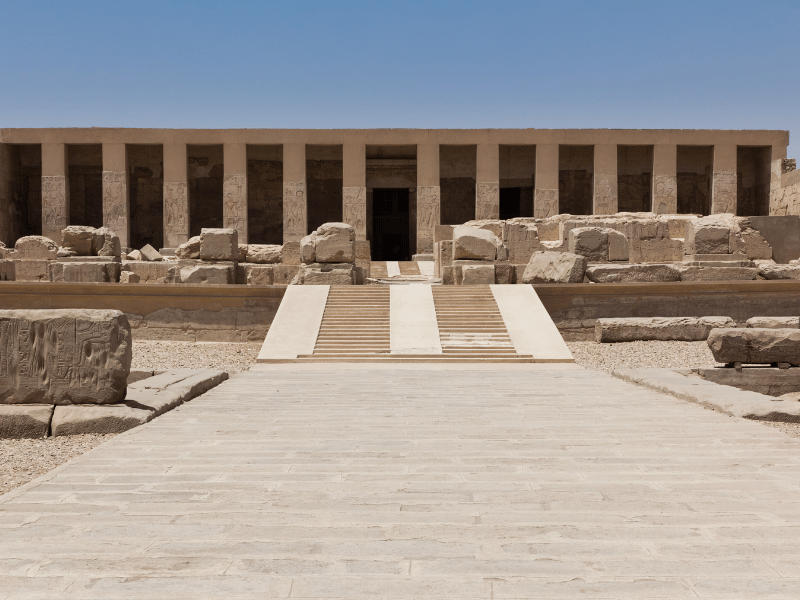
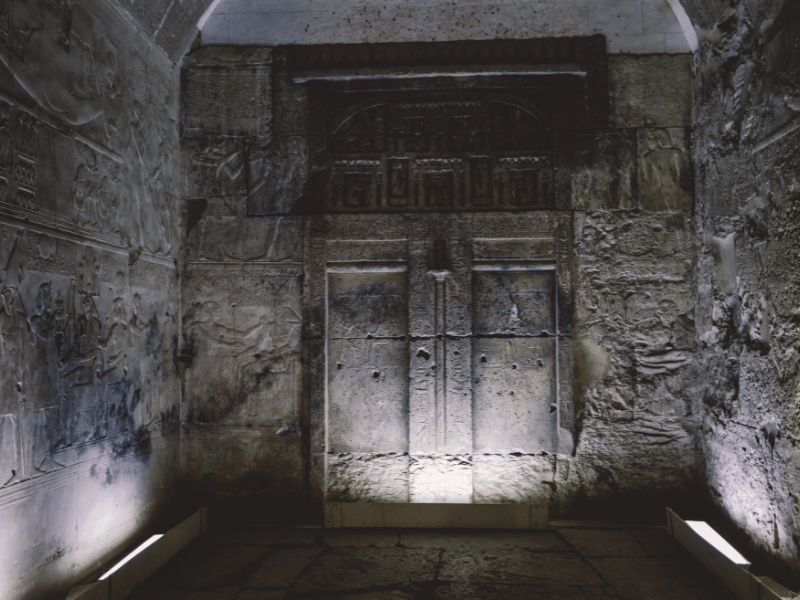
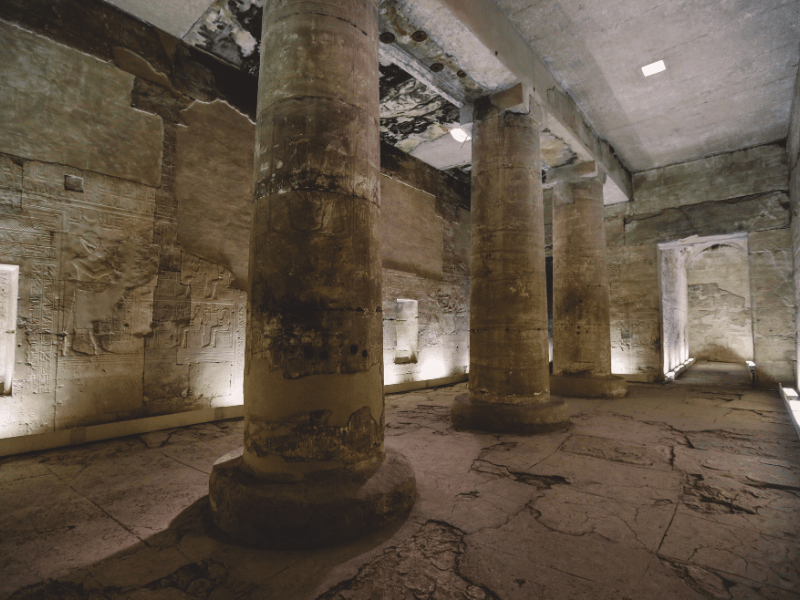
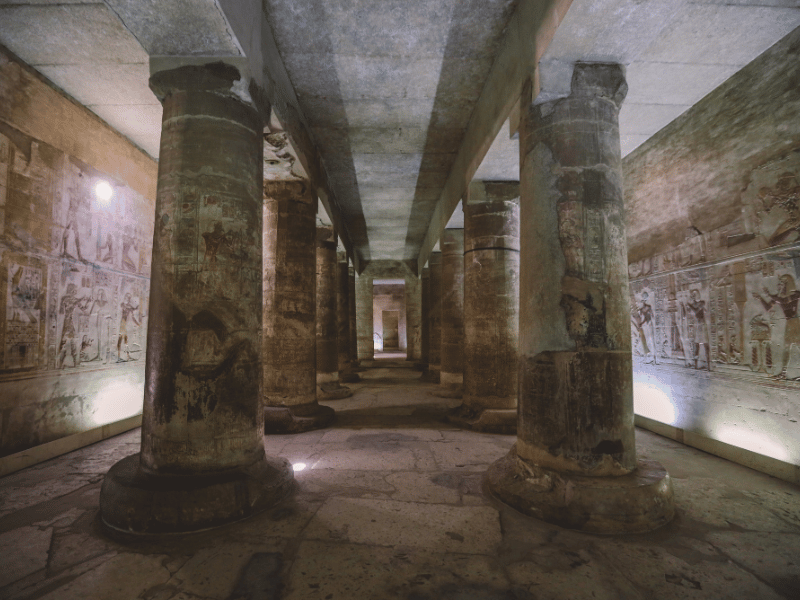
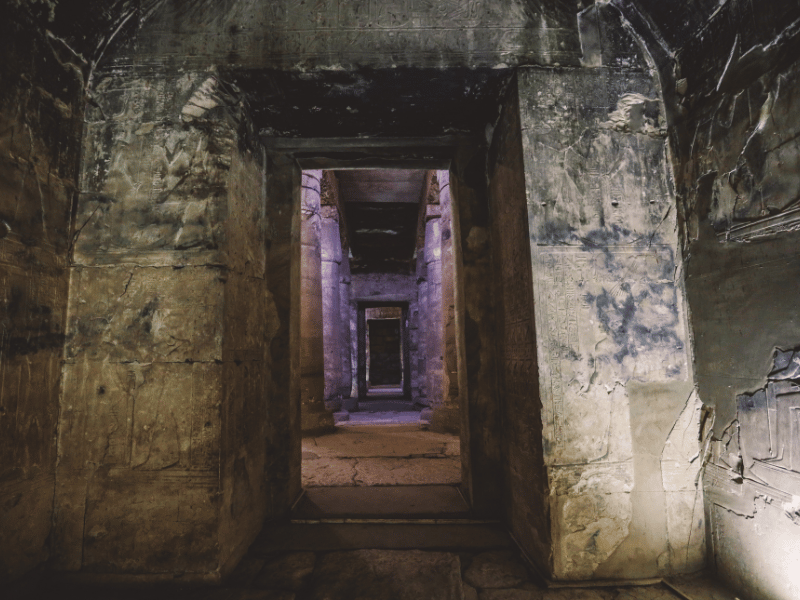
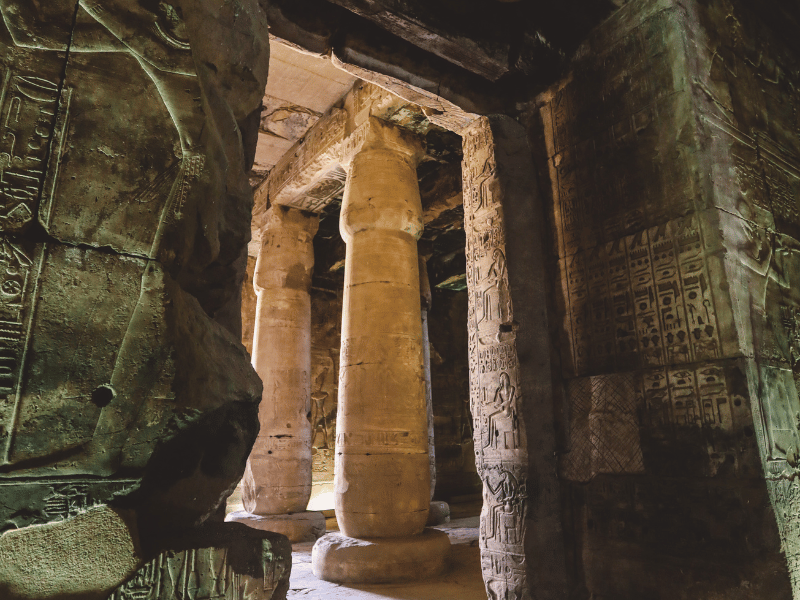
Archaeological Discoveries Transforming Understanding
Nineteenth century excavations uncovered much of Djer’s tomb along with later temples predating those of Unified Egypt. Monuments honoring Seti I and Ramesses II line the processional path where annual celebrations were held, leaving onlookers in reflective wonder today as some 5,000 years ago. Ongoing excavations continue yielding insights into Egypt’s earliest power transfers and mystical doctrines.
Spirituality Across the Ages
Even now, pilgrims come to venerate Osiris and honor Pharaonic antiquity through ritual allusions to antiquity’s revered places and deities. Sunset magically frames the crumbled border walls with fiery grandeur. Visitors linger among hallowed incantations still chanted as Pharaohs first did millennia earlier. Its mysteries ensure Abydos’ enduring magnetism for souls appreciating life’s timeless pursuits.
Safeguarding Shared Heritage
Continued conservation guarantees that the ingenuity and beliefs of history’s earliest societies remain accessible for present and future generations. Through international collaboration, Abydos Temple stands resilient; its silent stones imparting knowledge that uplifts all humanity regardless of origin. Its preservation thus becomes a symbol of shared stewardship for our collective cultural inheritance connecting times past with those still unfolding.











